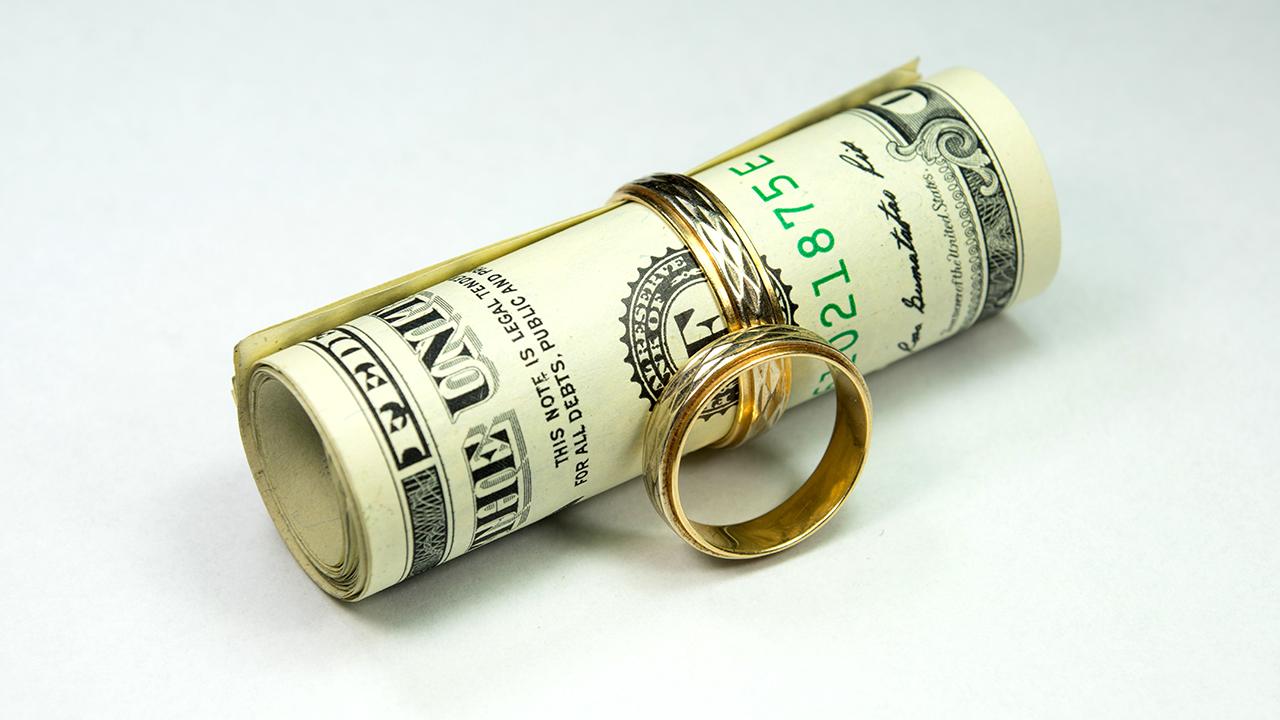What to do if your partner cheats on you financially
If you have any financial skeletons in your closet, I suggest you come clean right away.
Remember that old playground tune? “Secrets, secrets are no fun. Secrets, secrets hurt someone.” Applied to financial infidelity, it’s really simple. Just don’t do it.
Communication is the cure and will hopefully prevent secret spending, secret debt and secret bank/credit card accounts in the first place. Unfortunately, many people are hiding at least one of these things. If this describes you, it’s not too late to fix things. Communication will get you out of a jam, too.
WHAT IS FINANCIAL INFIDELITY IN A MARRIAGE?
If you have any financial skeletons in your closet, I suggest you come clean right away. Honesty really is the best policy. Secrets have a way of taking on lives of their own. Your partner will probably find out eventually, and the longer that takes, the harder it will be to unwind the damage. When financial infidelity is uncovered, the other person starts to wonder, “Huh. I thought I really knew him. What else is he hiding?”
Whether you’re hiding something or not, we need to get much better – as a society – at talking about money. It’s far too much of a hush-hush topic in schools and even among families and close friends.I don’t want to hear that you’re not a “money person.” It’s okay – normal, even – if one person in the relationship takes the lead on money matters. But you both absolutely need to be involved, informed and in charge of your financial future.
Schedule a money date with your spouse. This doesn’t need to be long or elaborate, especially at first. The more you talk about money, the easier it will become. Start with a 15-minute check-in over a glass of wine or a cup of coffee. Do this when things are quiet and relaxed – after the kids have gone to bed, let’s say. Or on a leisurely Sunday morning.
HOW TO ESTIMATE YOUR STUDENT LOAN PAYMENTS
You could even set a timer so you don’t get bogged down or frustrated. The point is that you need to get the conversation going. Outline your income(s) and expenses. Check in on your bank accounts, credit cards and loans. Go over any pressing bills or major upcoming expenses (vacations, home renovations, car repairs, medical costs and so on). You should follow up periodically – at least once a quarter, even better if it’s monthly or weekly.
Schedule a money date with your spouse. This doesn’t need to be long or elaborate, especially at first. The more you talk about money, the easier it will become. Start with a 15-minute check-in over a glass of wine or a cup of coffee.
The real meat of this exercise is when you start talking about your financial goals and values. It might not happen that first day, but before long, there’s a good chance you’ll get into a rhythm and this exercise will be a lot easier. Ultimately, money is a tool that can help you follow your dreams. Once you get past the initial awkwardness, talking about money with your spouse can be freeing.
GET FOX BUSINESS ON THE GO BY CLICKING HERE
Figure out what works best for you and your partner. Many couples like having separate accounts so they can have more autonomy over their spending. That way, they don’t feel like they have to run every purchase by their partner, and there’s less guilt over buying those new speakers, or that new dress. That works as long as you’ve agreed upon the parameters ahead of time.
I can’t stress that enough. You need to agree on the rules of engagement. If you and your spouse decide that you each have $100 per month for discretionary purchases (or $500 or whatever works within your budget), then that’s fine. It’s a lot different than one person simply taking $500 to spend on who knows what, and then you’re late on the rent that month because that $500 was money you couldn’t afford to spend.
“Yours, mine and ours” is a healthy concept if you’ve agreed upon the framework. Certain couples prefer to combine everything, while others prefer completely separate accounts. Some even go as far as sharing expenses proportionally. If one member of the household makes twice as much money as the other, then maybe he or she is responsible for two-thirds of the mortgage and groceries.
You and your partner need to decide this together. But please don’t keep secrets. They really do hurt.
Ted Rossman is the industry analyst at CreditCards.com. He has spent the past decade in the personal finance industry, conducting consumer and industry research and providing commentary for media and consumers. His focus areas include credit cards, debt management and credit scores. He writes the weekly “Wealth and Wants” column for CreditCards.com, which primarily covers cash back credit cards.
CLICK HERE TO READ MORE ON FOX BUSINESS




















